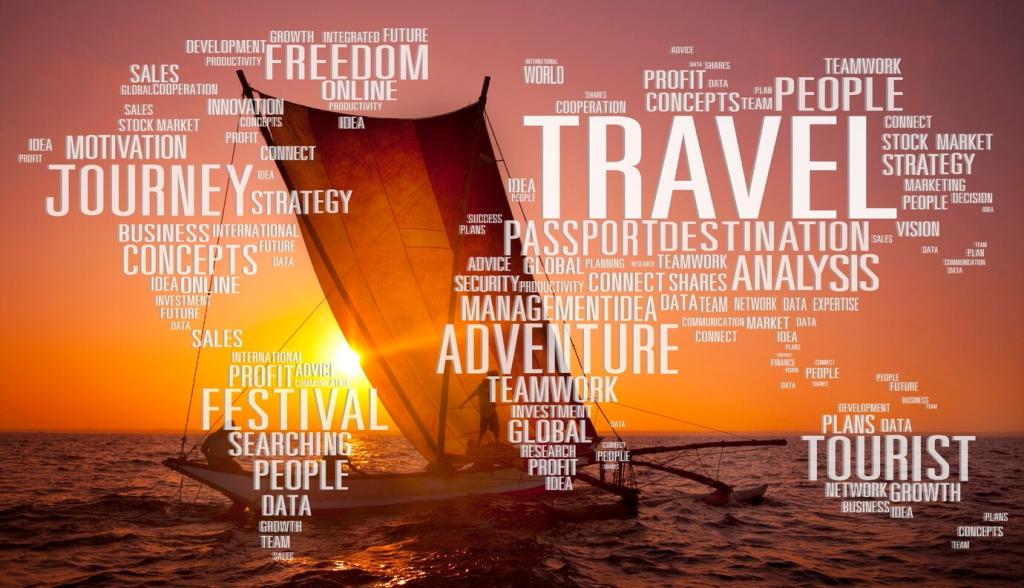Designing a Low-Impact Itinerary
Choose rail, bus, or ferry where possible, linking nearby regions rather than hopping continents. Slower travel creates deeper memories, supports local operators along the way, and drastically cuts the carbon intensity of each mile you decide to cover.
Designing a Low-Impact Itinerary
Visit during shoulder seasons to avoid overtourism. You’ll find more meaningful encounters, fewer queues, and prices that keep money local longer. By easing peak pressure, your presence supports year-round livelihoods and protects fragile infrastructure from overload.









